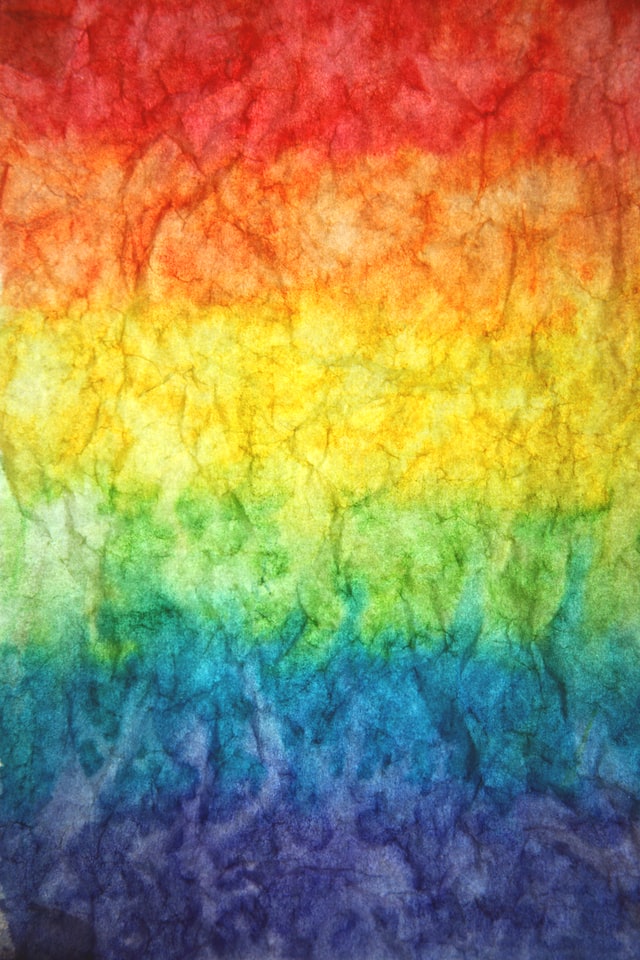Siri Gloppen and Lise Rakner (2020)
Research Handbook on Gender, Sexuality and the Law. Edited by Chris Ashford and Alexander Maine
Across the African continent, homosexuality has since the late 1990s become an issue of
political contestation and conflict. When Zimbabwe’s president Robert Mugabe castigated the
gay community in 1993, it marked the first incidence of contemporary politicized homophobia
on the continent. This incident has been followed by numerous similar attacks, in Botswana,
Burundi, Egypt, Ghana, Kameroun, Kenya, Malawi, Nigeria, Tanzania, Senegal, Uganda and
Zambia, among others. Politicization refers to the process by which a social phenomenon
becomes the basis of mobilization by societal and political actors, who turn it into an issue of
major political significance as a subject of heated public argument, mobilization and conflict.
This chapter analyses the forms and content of politicized homophobia in Africa and explains the rising politicization of nonheteronormative sexuality and gender identity that has marked much of the continent in the past decade, and the role of law in this process. Providing examples from across the continent, the chapter argues that politicization varies in time and space, reflecting a complex combination of external and internal factors and the sociopolitical context in a given country or region.
To read the whole book chapter, click here.
Photo credit: Sharon McCutcheon on Unsplash.

